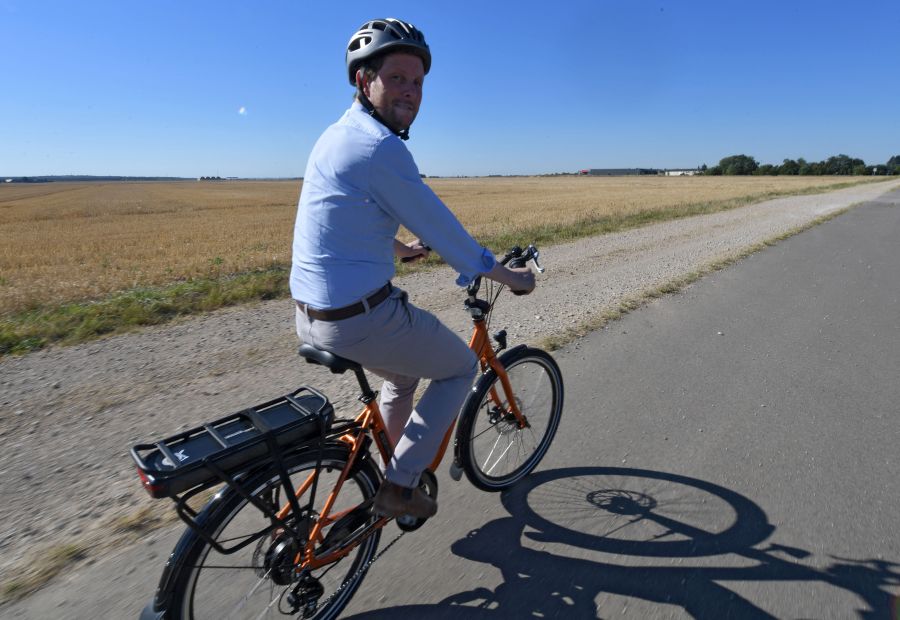DENVER (KDVR) – A study released in mid-October has recognized the eco-friendly efforts being made by state officials who have implemented energy-saving-focused programs across the state.
On Oct. 18, Wallet Hub released its 2022 rankings for the “Most and Least Energy-Efficient States” in the country. According to researchers’ findings, Colorado is the eighth best when it comes to this vector.
They tabulated each state’s results by looking at home energy efficiency and auto energy efficiency.
- Home energy efficiency was calculated by taking the total residential energy consumption per capita and dividing that by the number of annual degree days.
- Auto energy efficiency was calculated by taking the number of miles vehicles drove in the state and dividing it by the number of gallons of gasoline used over the same timeframe.
Top 10 most energy efficient states in the U.S. according to Wallet Hub
- Massachusetts
- New York
- Rhode Island
- Utah
- Vermont
- California
- Minnesota
- Colorado
- Connecticut
- Wisconsin
Colorado’s solid standing in this regard can be partially attributed to programs that have aimed to limit the negative impacts of work commutes.
E-bike rebate program
One of those programs designed to limit the impact of vehicle-caused pollution is the city’s program that helps get money back in the pockets of income-qualifying applicants who purchased an electric bike at participating businesses.
All Denver residents are eligible for a $400 rebate off a qualifying electric bike, with an additional $500 rebate for the purchase of an e-cargo bike. Additionally, those residents who are income-qualified are eligible to receive a $1,200 instant rebate.
The Denver-based e-bike program was recently paused due to its popularity, which over-exhausted the funds, but it will resume in 2023.
You can learn more about the program on the city’s information page ahead of its return next year.
RTD’s ‘Zero Fare for Better Air’ program
Another program created to help limit the impact of commute-caused pollution while improving the state’s energy efficiency was the program that offered free rides on the Regional Transportation District’s public trains and buses for the entirety of August.
That program, managed by the Colorado Association of Transit Agencies, is RTD’s “Zero Fare for Better Air.” It raised the department’s overall ridership by as much as 59%, which was the figure increase measured in Pueblo.
Colorado may not be at the pinnacle of this study’s rankings, but programs that aim to minimize the number of drivers on the road, as well as those focused on waste and recycling problems, like the upcoming “Pay as you Throw” program in Denver, are all aimed at improving the overall air quality, energy-efficiency and quality of life that will get the state to the top of next year’s rankings.



